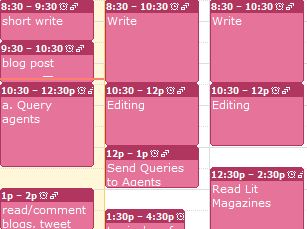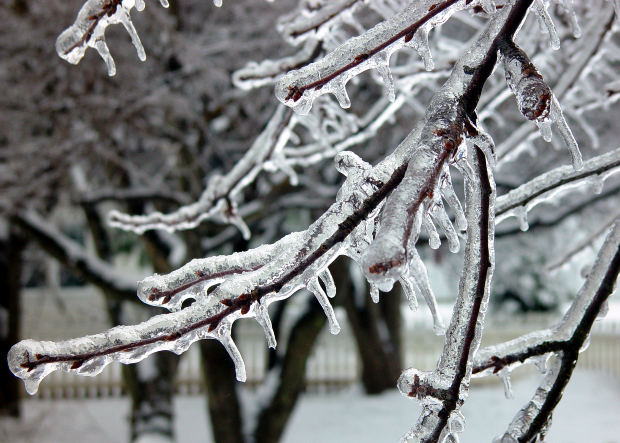Not writing is good for your writing. I mean it.
This weekend I dropped my normal writing routine and got out of town for a two night escape with a bunch of friends. We stayed in a cabin surrounded by snow, mountains, and sweet-smelling, air.
A drastic change in routine can work like pure magic. It reminds my body that it exists to live fully, not simply to fulfill a rigorous writing schedule, (though I have nothing against such schedules, see below).
I feel it’s necessary to state the obvious: My writing should support my life, not the other way around. (Thanks again to Stephen King for this salient point). As someone who loves to write, and who thus became a writer, I am doing what I love when I put pen to paper and pour out my heart, mind, and creativity onto the page.

Because I wanted to create a lifestyle and eventually a career out of this writing passion, I built a schedule. My schedule consists of time dedicated to writing 6 days a week, with time for editing on 4 of those days.
There are these moments when a weekend trip with friends doesn’t easily allow me to get up on Saturday and write for ninety minutes.
What do I do? There are two options. Sequester myself away for part of a morning or afternoon and pass on some activity whether sleep- or social-oriented, or skip the writing for that day and fling myself headlong into what else is in store.
Here’s my theory. For those of you looking for an easy excuse to break your writing habit, you should get up early or skip an activity and stick with your writing schedule. Get those words in. You need them.
For those of you who sometimes feel stifled by the demands of your writing schedule, allow yourself the freedom from writing and enjoy a few days without the pen in hand.
 In both cases, what do you notice? Are story ideas percolating into your noggin that you’d otherwise have missed? Do you find that you really do have stuff to say when you buckle down to write it?
In both cases, what do you notice? Are story ideas percolating into your noggin that you’d otherwise have missed? Do you find that you really do have stuff to say when you buckle down to write it?
If you’re not writing, did you realize you’d forgotten to the delights of smelling the coffee, making a snowman, and staying up late talking with a dear friend to talk about broken dreams and fearful hopes for the future?
The soul and blood of stories are made from working hard and playing hard and, of course, that dash of inspiration that you can never control.
Whether you’re a writer who needs a stricter schedule or a writer who needs to remember to breathe and relish life, Write Hard and Rest Hard. Play is important. Writing on a schedule, although it may feel like play sometimes, is not play. You know what playtime looks like for you. Make sure you don’t skip it.
Protect and foster that jubilant side of yourself, no matter how serious this writing stuff gets. A great resource to help understand the importance of play-time for the artistic heart is the book The Artist’s Way, by Julia Cameron.
Do you have a writing schedule? What does yours look like? What goals do you have set for yourself each week? Do you set aside time to rest and play?
